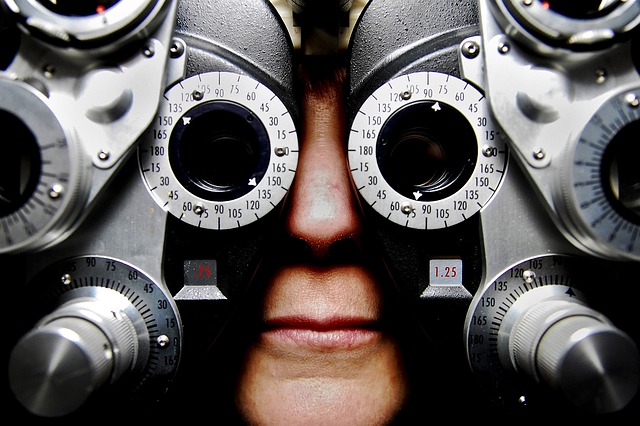Is a 'Cure' for Blindness Worth $1 Million?
By Sarah Zhang,
The Atlantic
| 12. 27. 2017
Some blind people are questioning how the first gene therapy to treat inherited blindness has been valued.
Among blind people, says Kim Charlson, asking if you’d prefer to see always starts a lively debate: “Every opinion is going to be different.” Charlson, who lost her sight at age 11 and now is president of the American Council of the Blind, says she would hold out for full color vision. Others might settle for seeing in blurry black and white. And yet other blind people might have no desire to see at all.
For a small number of blind people, this hypothetical question recently become a real one.
Last week, the Food and Drug Administration approved Luxturna, the first gene therapy to treat a specific form of inherited blindness called Leber’s congenital amaurosis. In fact, it’s the first gene therapy to treat any inherited disease at all. The news has been universally hailed as a scientific breakthrough. But its stratospheric cost—potentially $1 million per patient—has provoked hard questions about the value of the ability to see, especially if its...
Related Articles
By Julia Métraux, Mother Jones | 02.10.2026
Why was Jeffrey Epstein obsessed with genes? In the latest tranche of Epstein records and emails made available by the Department of Justice, themes of genes, genetics, and IQ—alongside more explicit threads of white supremacy—keep cropping up, often adjacent to Epstein’s...
By Alex Polyakov, The Conversation | 02.09.2026
Prospective parents are being marketed genetic tests that claim to predict which IVF embryo will grow into the tallest, smartest or healthiest child.
But these tests cannot deliver what they promise. The benefits are likely minimal, while the risks to...
By Leah Romero, SourceNM | 02.06.2026
An historical poster from 1977 created by Rachael Romero for the
Wilfred Owen Brigade in San Francisco, California. (Library of Congress)
Members of the New Mexico Legislature’s House Government, Elections and Indian Affairs Committee advanced a memorial Friday that calls...
By Dan Barry and Sonia A. Rao, The New York Times | 01.26.2026
Photo by Gage Skidmore from Peoria, AZ, United States
of America, CC BY-SA 2.0, via Wikimedia Commons
Late last month, a woman posted a photograph on social media of a purple hat she had knitted, while a black-and-white dog...




